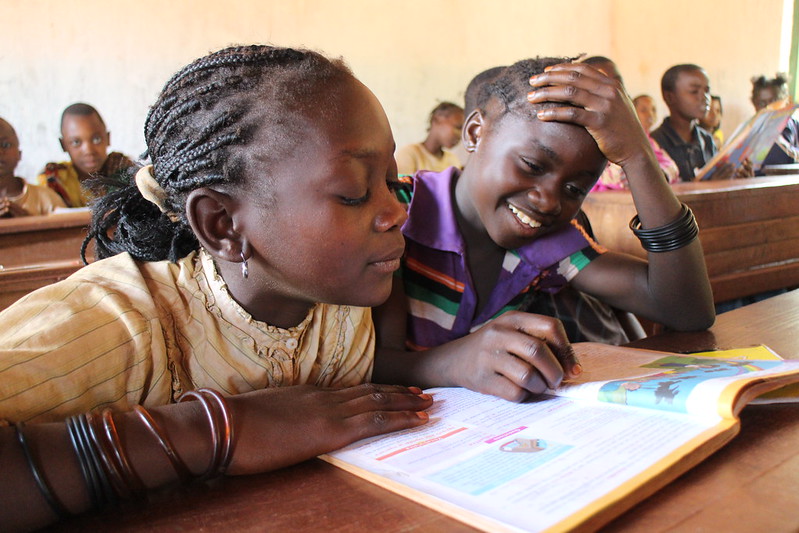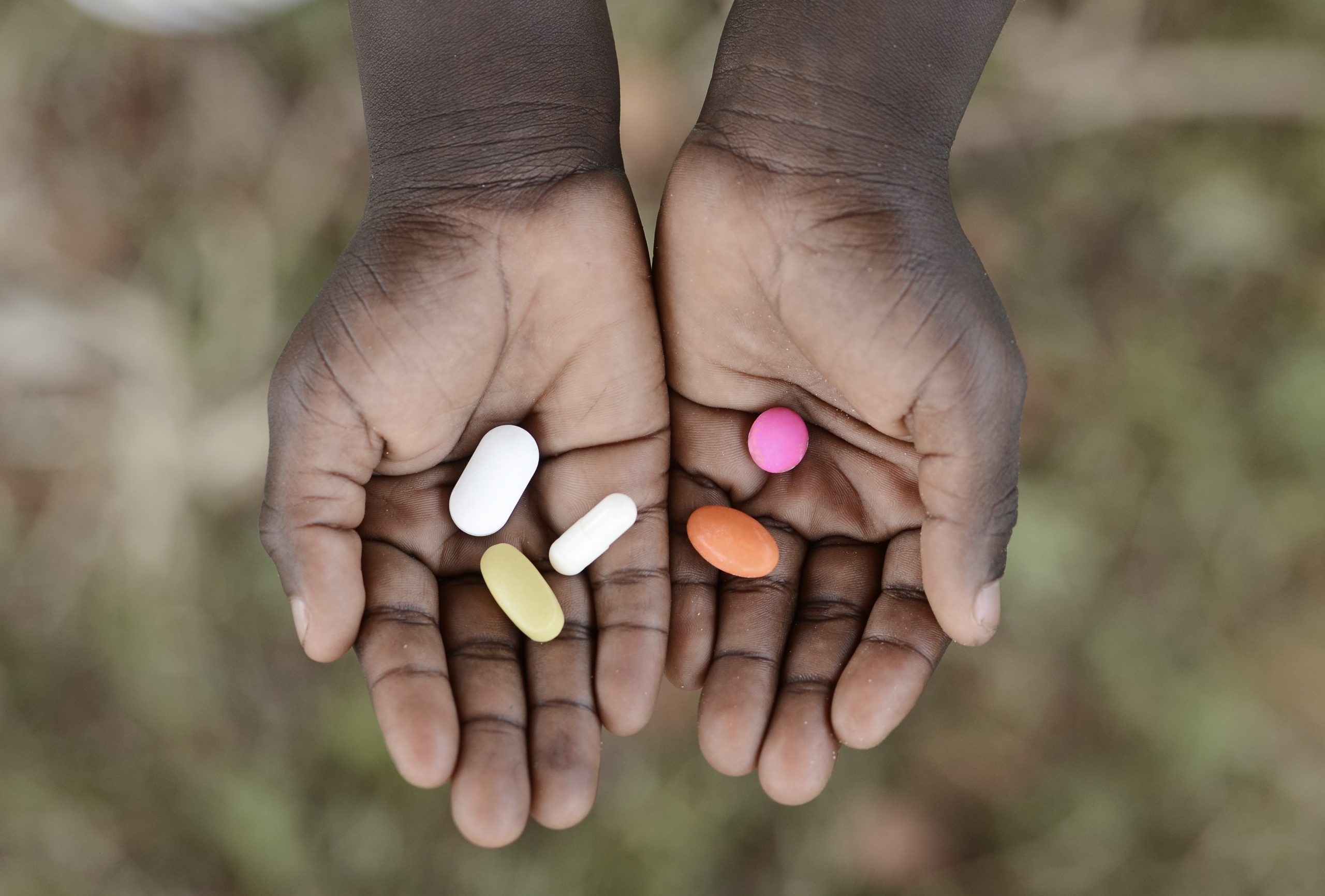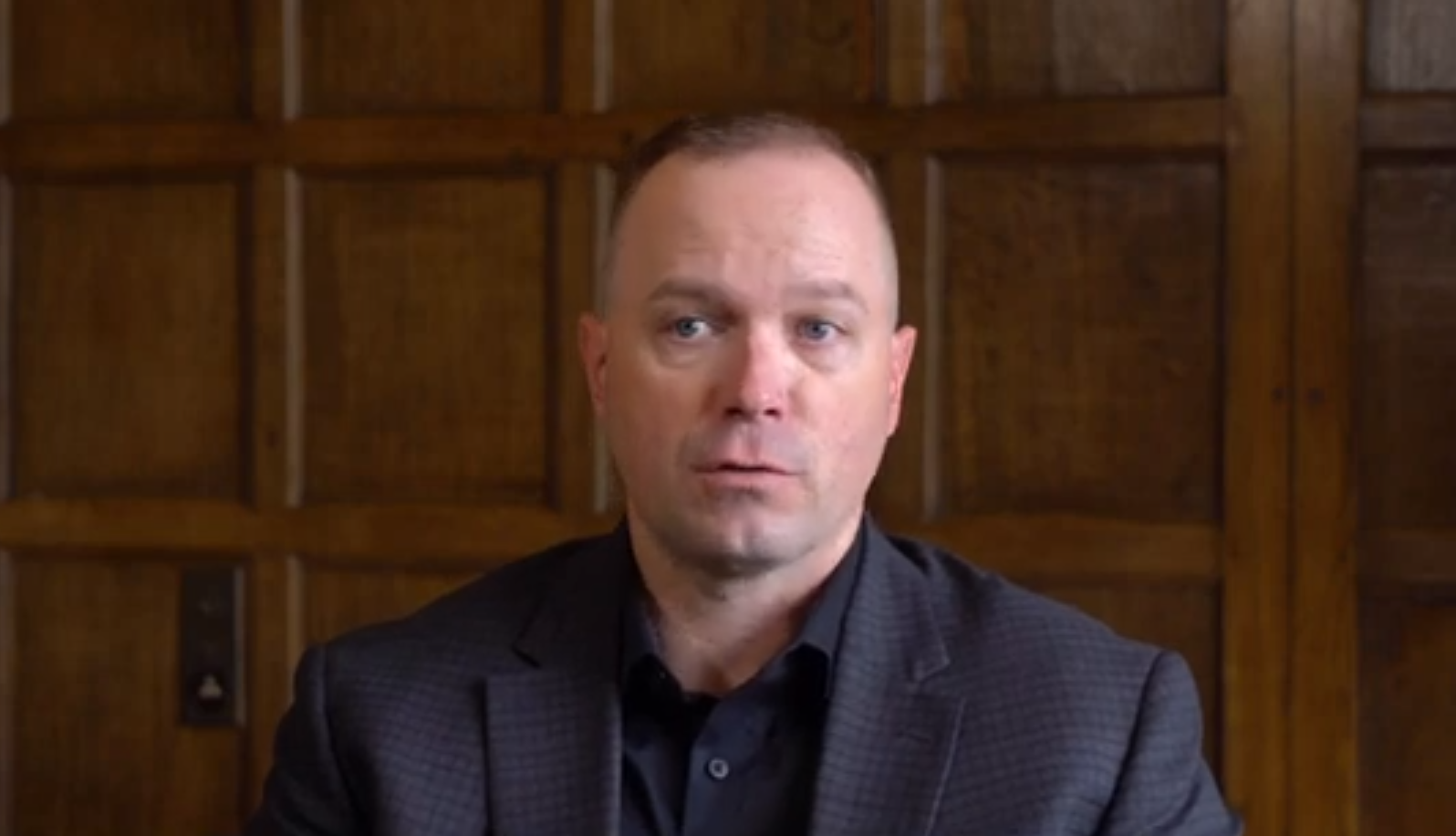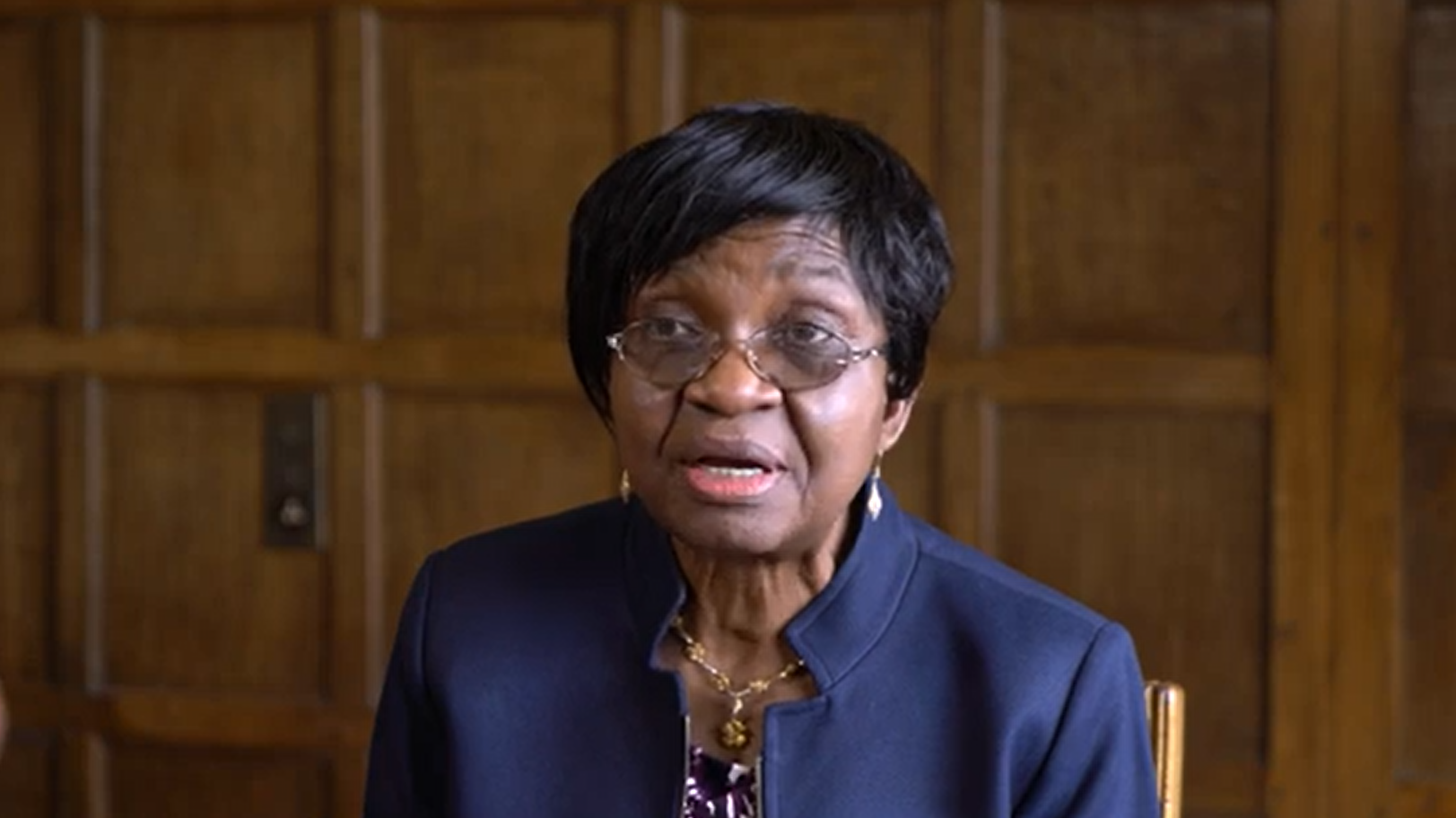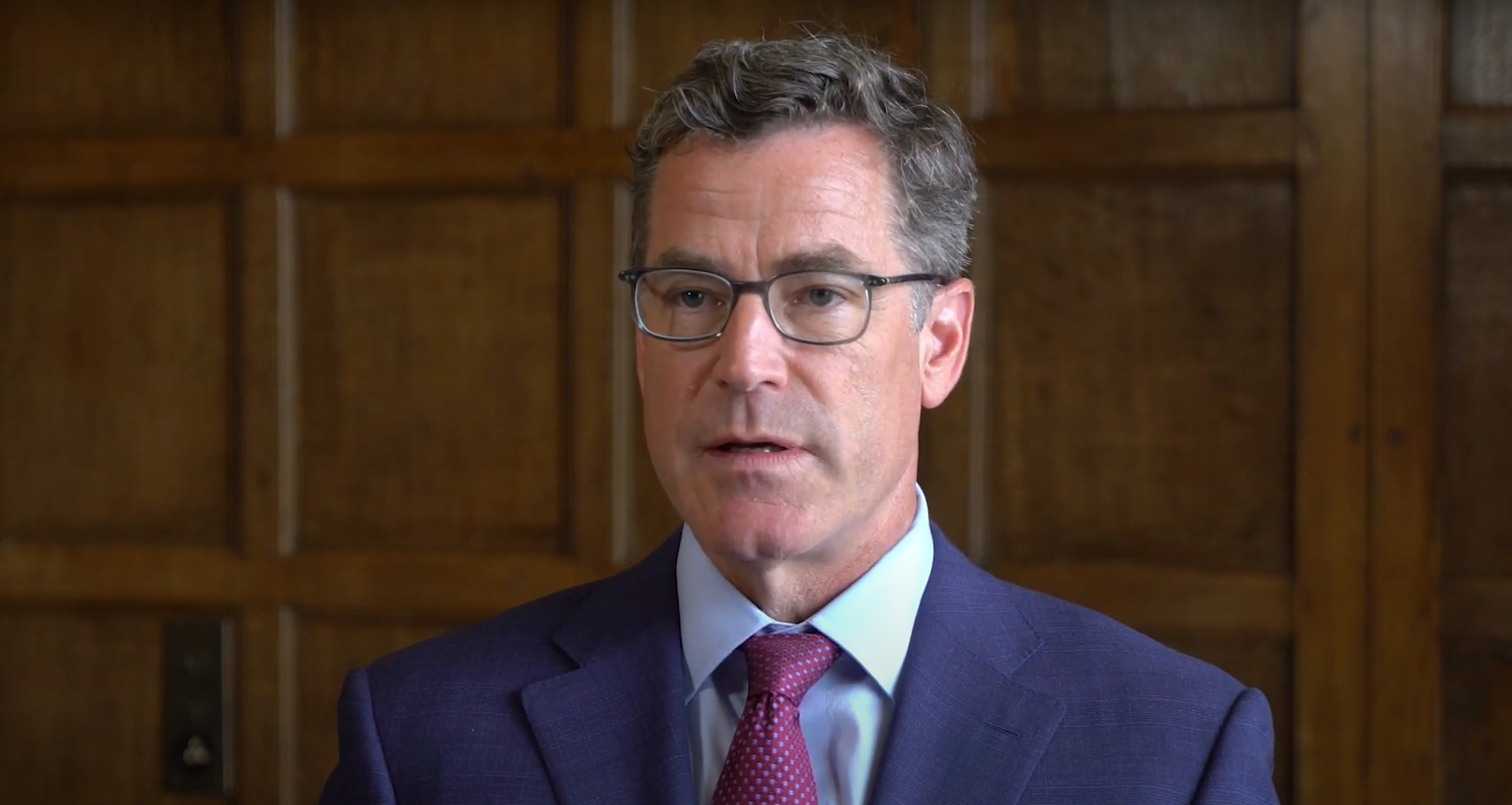Summary
This workshop aims to develop a systems-based approach to digital health leadership in emerging economies, providing an opportunity to ‘join the dots’ across the information technology and health sectors. The focus is on supporting current and emerging digital health leaders in low-and middle-income countries (LMICs). The goal is to establish the framework for an integrated digital health training programme that will meet developing country needs and can be implemented in a coordinated way by multiple providers with support from multiple donors to create consistency around the digital health terminology and how WHO and other guidance and tools for digital health leaders are referenced.
The aim is to prevent the fragmentation which characterised the development and implementation of mHealth initiatives over the last decade from being replicated in the digital health leadership capacity building arena.
Context and key policy issues
In an attempt to reduce fragmentation in digital health investments, a shift is underway in in low- and middle-income countries to prioritise the funding and implementation of efforts that are clearly identified in country-led national digital health strategies. These digital health strategies are increasingly grounded around infrastructure and systems, rather than products and projects which requires a deeper understanding of the technical requirements than is traditionally found in the health sector1. In response to this, training and education institutions have now begun to provide online and in-person courses and workshops on digital health leadership capacity building.
Multiple digital health toolkits and guidance are on offer. However, it has become evident they do not share a common approach, goal or terminology – even basic definitions are frequently not clear. The WHO, donors and others have created digital health guidance and toolkits and are keen to see these resources integrated into course materials in a systematic way so they can be used effectively by Ministries of health and programme implementers.
The Gates Foundation is supporting the development of a proposal that will ‘join the dots’ to prevent the fragmentation and redundancy that emerged in the mHealth field from occurring in the digital health leadership and training space. The proposal under development is a 12-15 month blended programme, which brings together existing education and training providers (e.g. WHO, ITU, the Community Health Academy and others) to promote a more harmonised approach to digital health capacity building. The programme will ensure that terminology, promotion of core tools, guidance documents and frameworks are consistent and expertly disseminated. This programme is envisaged as a blend of online courses and in-person workshops, complemented by technical skills training opportunities (where funding permits). In addition, throughout the programme, coaches will support small cohorts of 8-10 learners, creating opportunities for peer-to-peer learning, including online group work and discussion of practical approaches to tackling real-life issues that each learner is dealing with in their workplace.
The aim is to create a deep learning experience that aims to improve understanding, skills and ability to practically apply knowledge to practice. The goal is to launch this programme in 2020 with ~100 learners from ~10-12 countries together with others who are working in digital health space, such as UNICEF, WHO country offices, NGO Senior Programme leads and others. Countries that have demonstrated commitment to national digital health strategies and are already moving into implementation or are poised to do so will be potential candidates for this programme. These countries will have indicated a demand for leadership capacity building and a willingness to invest the time to support learners from relevant government departments to enrol and fully engage in the programme.
Throughout the digital health leadership programme, there will be a balance between group learning (in the formal courses and workshops) and individual learner needs, professional priorities and interests and challenges (through the coaching program and peer-to-peer connections). Although the purpose is to build digital health leadership capacity, the programme will also explore leadership as an important concept and skill in the context of the learners’ settings. The programme will be supported by networks and communities of practice (such as AeHIN, the Pacific Health Information Network, the African Alliance of Digital Health Networks, and others) who from time to time will offer optional learning opportunities such as webinars, online seminars and – potentially – sponsorships for technical skills training.
The aim is that the combination of the formal learning, informal coaching and peer-to-peer learning, along with intentional goal-setting between learners and their supervisors before the programme starts, will lead to deeper learning and greater application of knowledge to practice. The hope is also that the peer learning network will flourish and continue beyond the programme and that some of the alumni will go on to become coaches for learners on future versions of this programme.



